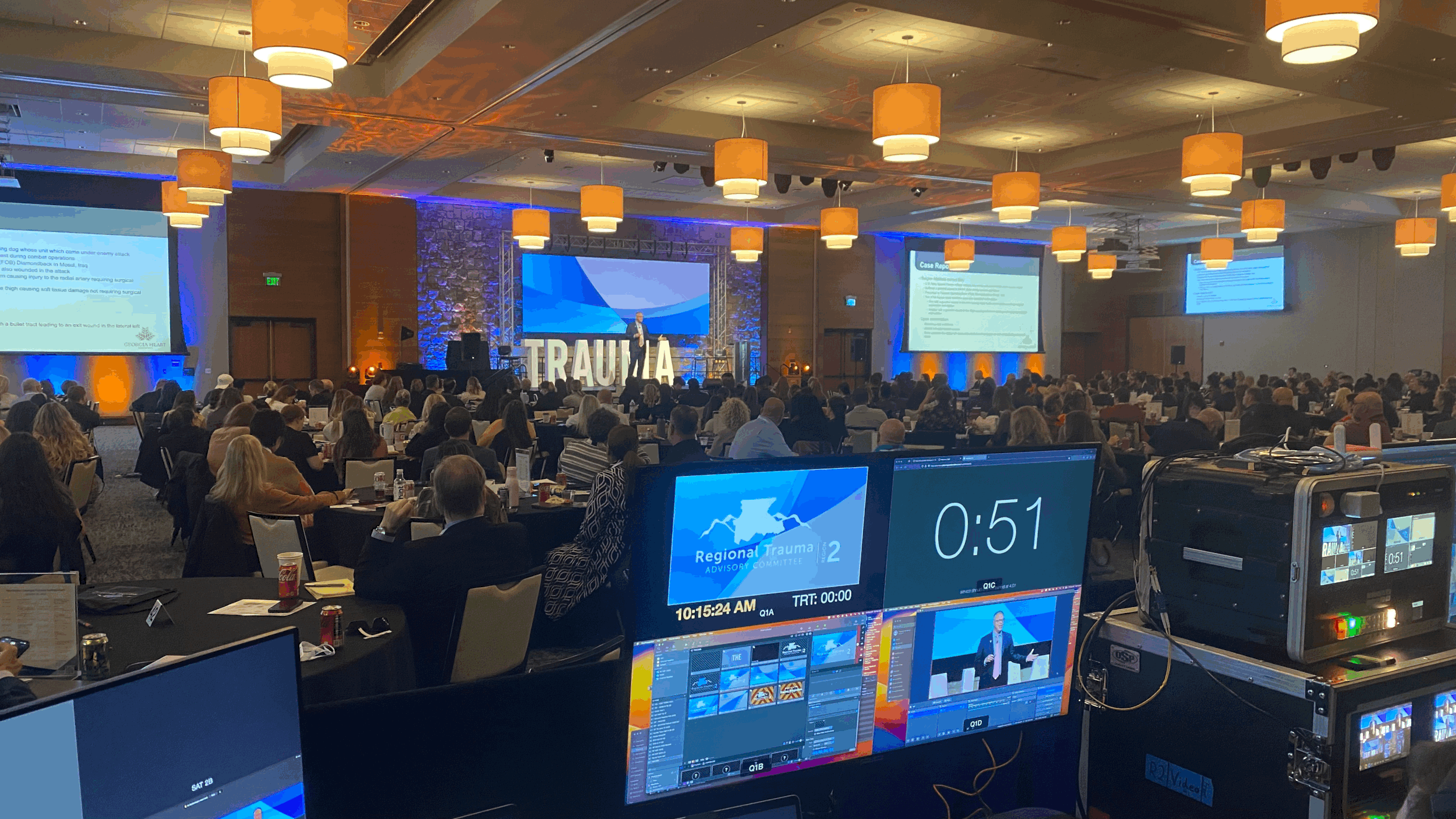
Pre-Event Planning:
Conceptualization: Collaborate with clients or stakeholders to understand the event's goals and objectives.
Budgeting: Develop and manage the budget for the live event, considering all necessary resources.
Venue Selection: Choose an appropriate location based on the event's requirements and audience size.
Logistics: Plan for equipment, staging, lighting, and other technical requirements.
Coordination: Liaise with vendors, contractors, and speakers to ensure everyone is aligned with the event plan.

Technical Setup:
Equipment Arrangement: Coordinate the setup of audiovisual equipment, lighting, and staging.
Testing: Conduct thorough testing of all technical aspects to address potential issues.
Rehearsals: Organize rehearsals for performers, speakers, and technical crew to ensure a smooth flow.

On-Site Management (During the Event):
Coordination: Oversee the entire event, ensuring all elements come together seamlessly.
Problem-Solving: Address any issues or challenges that may arise during the live event.
Timeline Management: Ensure the event stays on schedule, including transitions between different segments.
Communication: Maintain clear communication with all involved parties to keep everyone informed.
Post-Event:
Debriefing: Conduct a post-event analysis to evaluate what worked well and identify areas for improvement.
Documentation: Prepare post-event reports and documentation.
Feedback Collection: Gather feedback from stakeholders, performers, and attendees.
Wrap-Up: Complete any necessary post-event tasks, such as equipment breakdown and vendor settlements.
